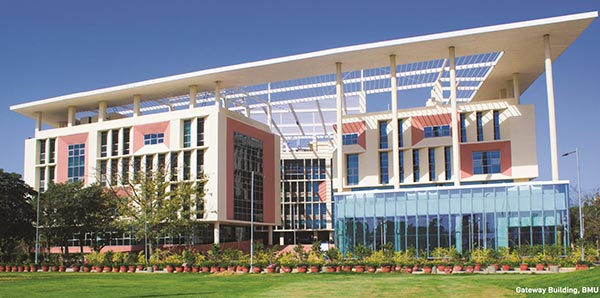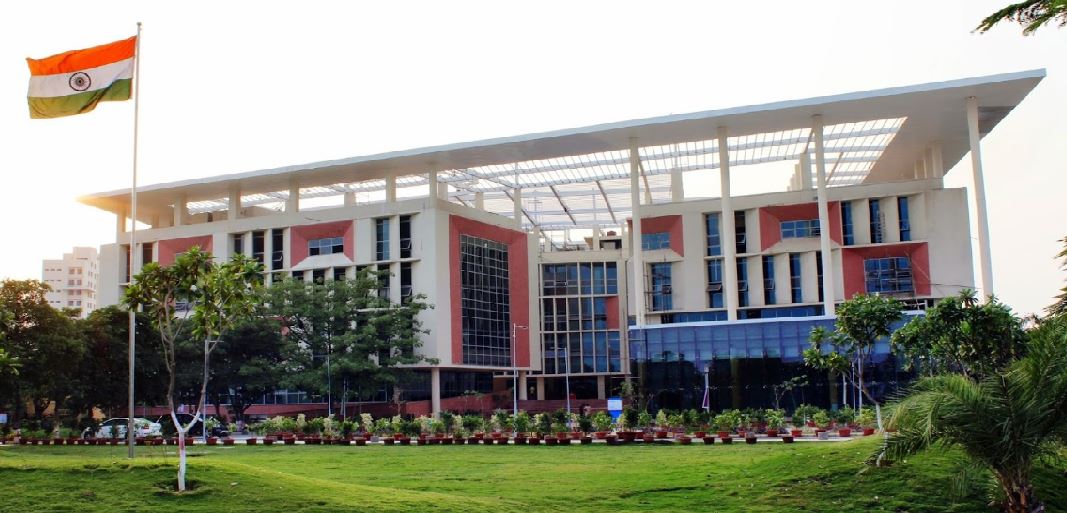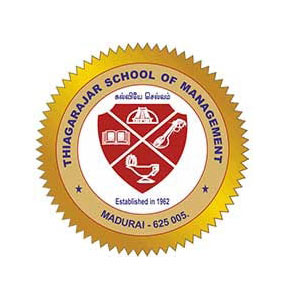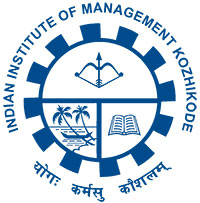B.Tech Computer Science and Engineering (CSE) syllabus
B Tech CSE syllabus is focused on the study of the hardware and networking domains of computer technology. It seeks to impart knowledge on developing sustainable working models that operate on the strategic integration of computing devices with technology to meet the operational needs of the modern work environment.
The B.Tech CSE course is designed to equip students with the knowledge of
Computer Architecture
Software Engineering
Processor Designs
Computer Networks
Along with the skills of programming and machine learning to expand their technological horizons.
The syllabus also imparts knowledge about specialized areas of study such as
Artificial Intelligence
The Internet Of Things
Algorithm Analysis
Digital Logic
To prepare them for coming-of-age technological needs as well as provides an opportunity for practical learning through Practice School.
The Practice School program bridges the gap between classroom learning and the professional world by way of structured mentoring supervised by renowned industry professionals. It helps the students to explore career opportunities and make a rational decision about their career advancement based on real-time working experience from top electronics and communication technology companies around the world.
The Computer Science and Engineering (CSE) course encourages the all-around development of students by teaching them about designs, implementation, and management of computer systems. Particular emphasis is laid on the study of humanities along with the development of communication and presentation skills so that the students not only possess sound technical knowledge and skills but also develop into socially responsible citizens.
Program Educational Objectives (PEO)
PEO 1: Identify real-life problems and develop creative and innovative hardware/software-based solutions.
PEO 2: Achieve professional development through self-learning to adapt to the technological changes in the ever-changing field of computing.
PEO 3: Engage in life-long learning of computer engineering technologies, critical thinking and continuous ingenuity and apply them in real-life applications.
PEO 4: Accomplish leadership roles by imbibing ethics and professionalism with emphasis on sustainable development of the society.
Program Outcomes (PO)
Graduates will be able to:
PO 1: Apply the foundational concepts of mathematics, science, and computer engineering to find novel solutions for complex real-life engineering problems.
PO 2: Identify, formulate, review literature, and analyze complex computer engineering problems reaching substantiated conclusions and derive a coherent logic that can be implemented by computers.
PO 3: Design analytical and computational models for solving complex engineering problems giving due consideration to issues related to public health and safety, cultural and societal constraints, and environmental concerns.
PO 4: Use research-based knowledge, methods, tools, and techniques for data collection, designing digital computing systems, analyzing and interpreting the results to provide substantiated conclusions.
PO 5: Use appropriate tools to model complex computer engineering problems through identification of the limitations and creating solutions to predict the real-world phenomena.
PO 6: Use appropriate contextual knowledge of computer engineering to review and assess societal, health, legal, cultural, safety and contemporary issues and rationalize the ensuing responsibilities towards the society.
PO 7: Adopt computer engineering practices in congruence with societal need, understand the working practices and its impact on natural resources for sustainable development.
PO 8: Use ethical principles to pursue excellence in developing computer engineering systems and behave appropriately to develop a reliable and trustworthy relationship with others.
PO 9: Function effectively as a reliable and responsible individual, and as a member or leader in diverse computer engineering teams, and in multidisciplinary settings, thereby placing team goals ahead of individual interests.
PO 10: Communicate effectively by capturing the desirable computer system requirements for preparation of specification documents, write clear and concise report such as laboratory files, research papers, thesis, and presentation materials.
PO 11: Demonstrate knowledge of computer engineering and management principles for the completion of individual or group projects in multidisciplinary environments.
PO 12: Recognize the evolving technological changes and engage as an independent and life-long learner in both computing and non-computing fields.
Program Specific Outcomes (PSO)
PSO 1: Identify applicable tools and techniques related to data science practice such as data collection, cleaning, analysis, modelling, evaluation and result interpretation and apply them for deriving hidden and meaningful patterns for appropriate actionable insights.
PSO 2: Develop intelligent systems for various real-life domains like healthcare, transportation, finance etc. using Artificial Intelligence methodologies.
PSO 3: Understand the foundational concepts and techniques to protect computing systems against constantly evolving cybersecurity threats and analyze security breaches and violations of cyber systems and networks to provide appropriate solutions.
PSO 4: Design effective security systems to mitigate risks, threats and vulnerabilities for protecting the organizations against cyber threats.







